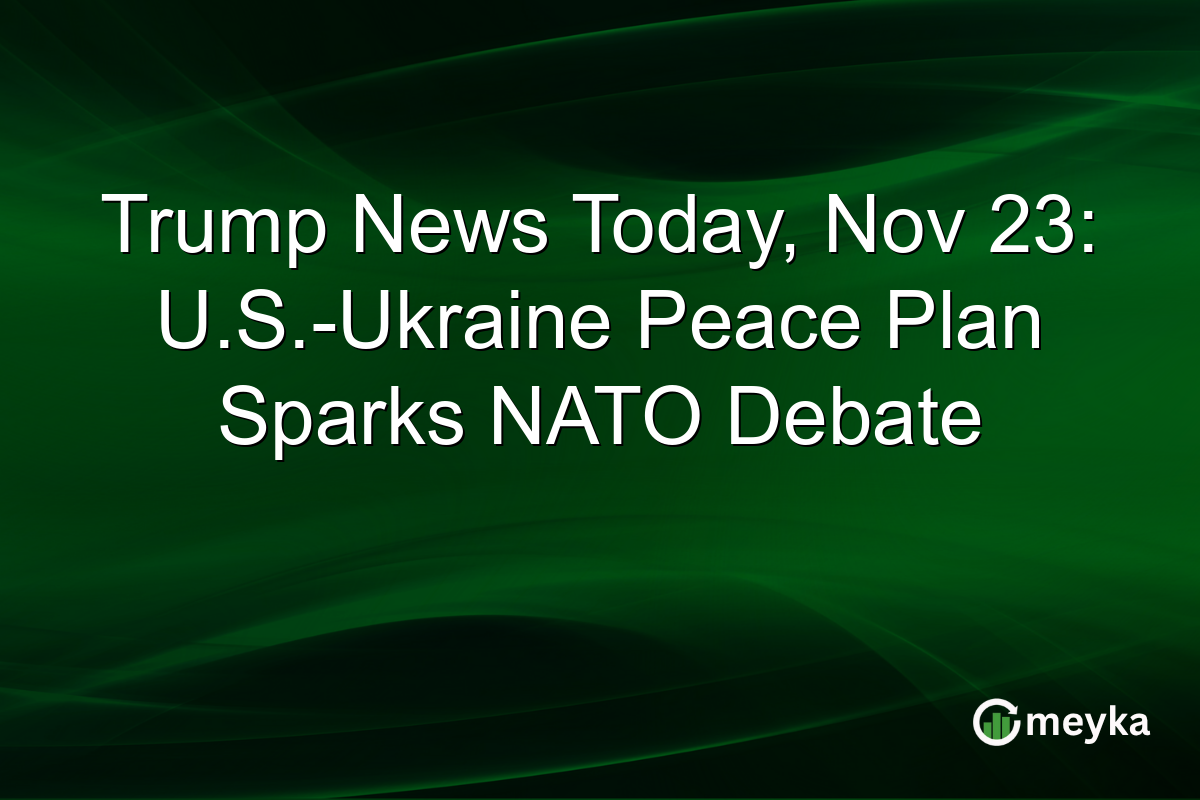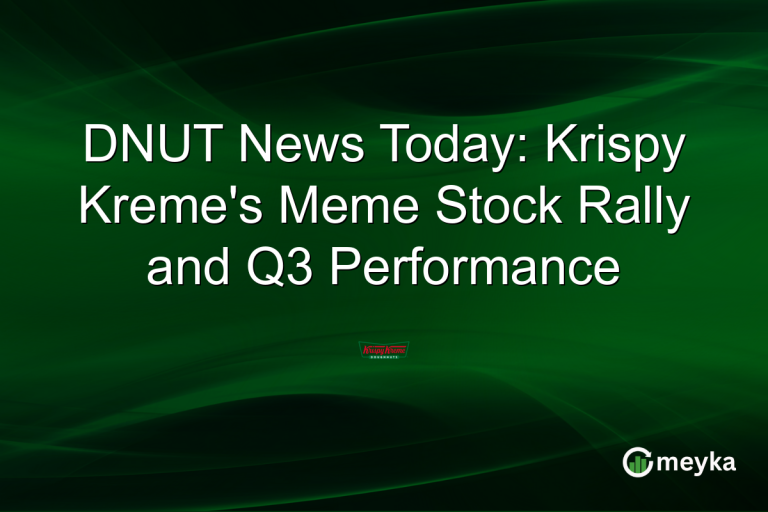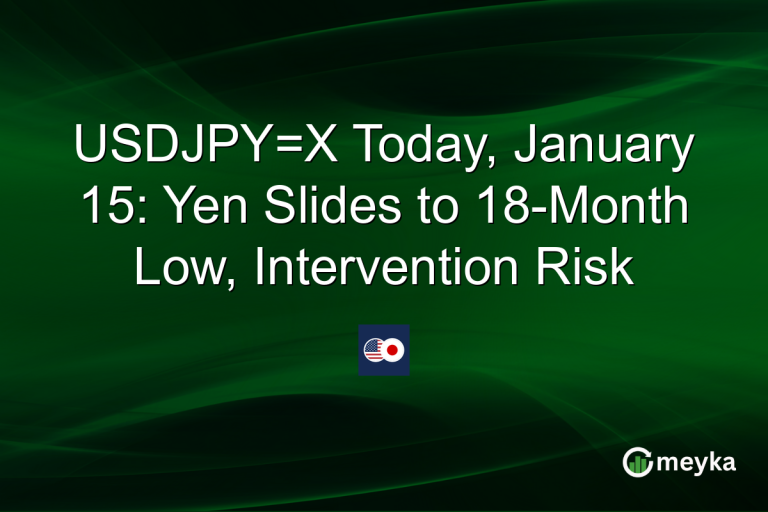Trump News Today, Nov 23: U.S.-Ukraine Peace Plan Sparks NATO Debate
On November 23, Donald Trump’s proposed peace plan for Ukraine has stirred significant debate among NATO allies. This plan, suggesting territorial concessions to Russia, raises concerns about the future of Ukraine’s sovereignty. Trump’s approach has triggered discussions about U.S.-Russia relations and NATO’s role in maintaining geopolitical balance in Eastern Europe.
Continue Reading on Meyka
This article is available in full on our main platform. Get access to complete analysis, stock insights, and more.
Read Full Article →





